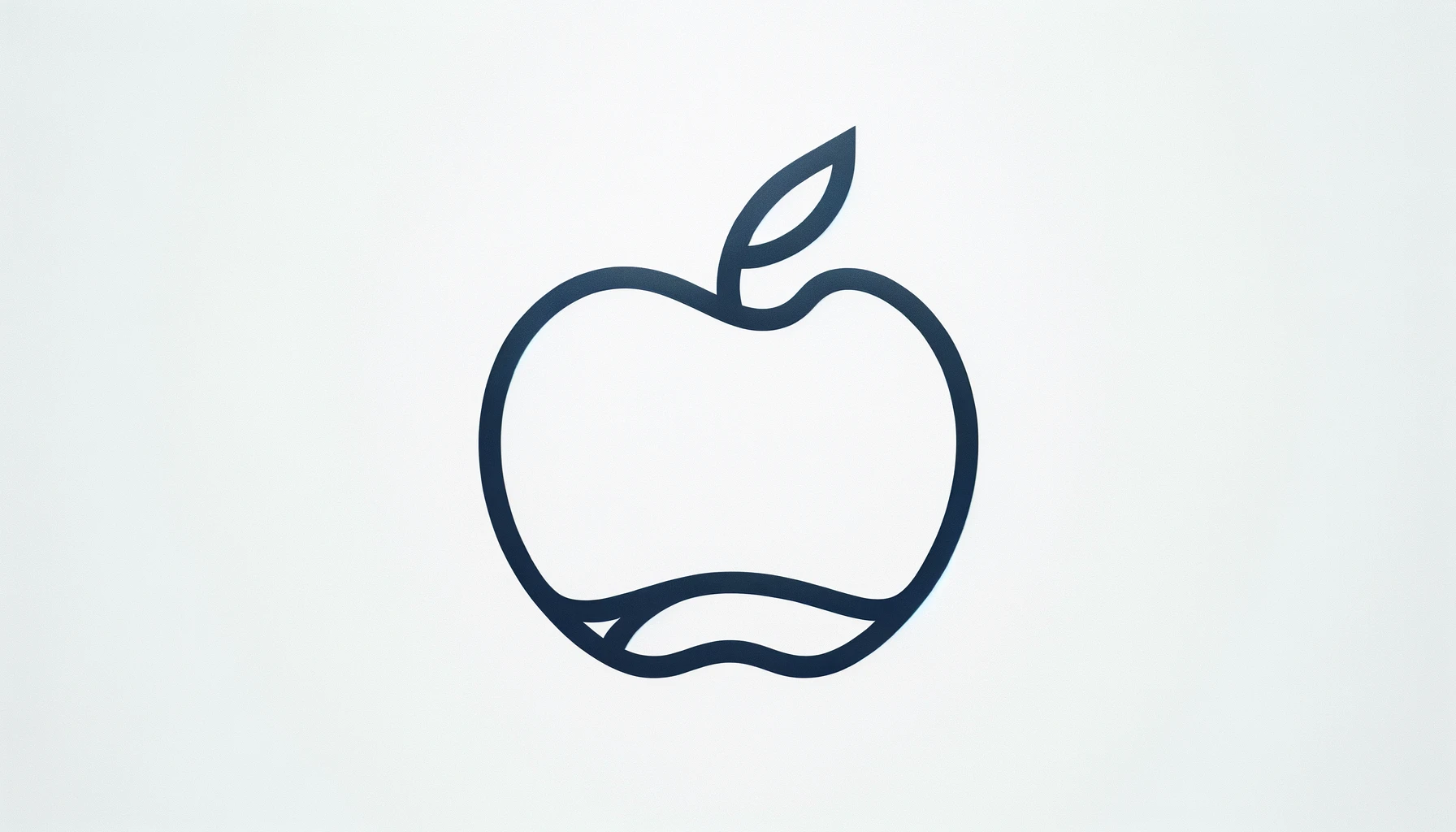Elon Musk, the CEO of Tesla, SpaceX, and xAI, has issued a stark warning to Apple, threatening to ban iPhones from his companies in response to Apple’s recent announcement regarding OpenAI integrations. During the WWDC 2024 event, Apple revealed plans to integrate OpenAI’s ChatGPT into iOS 18, iPadOS 18, and macOS Sequoia, raising privacy concerns for Musk. His primary objection centers around the potential risks of integrating ChatGPT at the operating system level.

Musk’s Concerns and Public Reaction
Musk took to social media platform X to express his discontent, stating that if Apple proceeds with integrating OpenAI at the OS level, Apple devices would be prohibited from all his businesses. Employees and visitors would have to check their Apple devices at the door, where they would be stored in a Faraday cage to prevent data transmission. Musk’s concerns revolve around user privacy and the extent of data access granted to OpenAI through this integration.
Despite assurances from Apple and OpenAI that user data is handled with care and only shared upon user approval, Musk remains skeptical. He argues that integrating ChatGPT into Siri, even with user consent, compromises privacy. According to Musk, keeping OpenAI’s capabilities confined to a standalone app would be a safer approach, limiting potential data exposure.
Apple and OpenAI’s Stance on Privacy
Apple’s announcement detailed that users would have the option to ask Siri questions, and if ChatGPT could provide a better answer, Siri would request permission to share the query with ChatGPT. This functionality aims to streamline the user experience, enabling users to receive ChatGPT’s responses without opening a separate app. Photos, documents, and other files intended for ChatGPT would undergo the same permission process.
In response to the privacy concerns, both Apple and OpenAI emphasized that users’ data is not stored and that requests are processed with privacy measures in place. OpenAI clarified that user IP addresses are obscured, and data preferences are managed according to the users’ consent, particularly for those who opt to connect their ChatGPT accounts.
Potential Impact on Apple’s Strategy and User Experience
Apple’s integration of ChatGPT is designed to enhance the user experience by providing seamless access to AI-powered assistance. This includes features such as composing documents, generating images, and answering complex queries directly through Siri or other writing tools. For many users, this integration represents a significant convenience, reducing the need to switch between apps and enhancing productivity.
However, Musk’s outspoken criticism has the potential to influence public perception and trust in Apple’s handling of user data. By framing the integration as a privacy risk, Musk taps into growing concerns over data security in an increasingly digital world. His argument that Apple should develop its own AI solutions rather than relying on third-party integrations may resonate with privacy-conscious consumers.
Broader Implications for AI Integration
From my point of view, Musk’s threat to ban Apple devices highlights the broader debate over AI integration and data privacy. While AI advancements promise to revolutionize user interactions and efficiency, they also raise critical questions about how user data is managed and protected. Companies like Apple must balance innovation with stringent privacy measures to maintain user trust.
In the context of AI ethics and corporate responsibility, Musk’s stance underscores the importance of transparency and user control. As AI becomes more embedded in everyday technology, ensuring that users have clear and manageable options for data privacy will be crucial. This incident also emphasizes the need for industry-wide standards and regulations to govern AI integration and protect consumer rights.
Conclusion
Elon Musk’s threats against Apple’s new ChatGPT integration reflect deep-seated concerns about privacy and data security in the era of advanced AI. While Apple and OpenAI assure users of stringent privacy measures, Musk’s criticisms resonate with a public increasingly wary of data exploitation. This controversy highlights the ongoing tension between technological innovation and privacy protection, a balancing act that will continue to shape the future of AI in consumer technology. As AI capabilities expand, maintaining transparency and user control will be essential in building and sustaining trust in these powerful tools.






